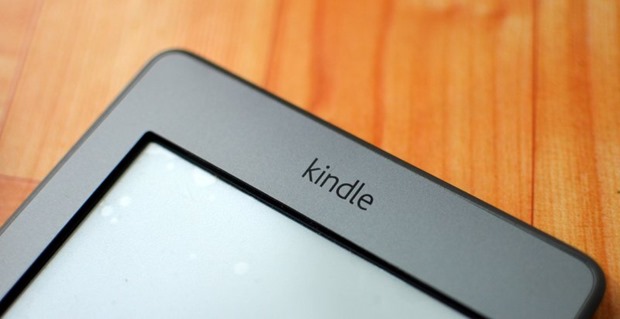The ruling party might have taken a drubbing at the recently concluded Delhi assembly elections but that is not keeping the dynamic Prime Minister from going all out to propose and try out new ideas.
In something which will mark the beginning a new paperless era, the meetings of the Union Cabinet are all set to go paperless. The government is already working on giving finishing touches to a plan which will then help put all Cabinet notes on Kindle devices. The ministers will be able to access those notes from their eBook readers at meetings and then return these devices to the Cabinet Secretariat immediately after.
While plans and proposals earlier would take at least half a decade in the incubation, implementation and execution stage, this new government surely deserves to be applauded for acting at lightning speed. In keeping with the same, the National Informatics Centre (NIC), which is the technology arm of the government, has been instructed to implement the aforementioned project within six months as well.
The new move will not only cut down on the usage of paper significantly but also, believes the Prime Ministers' Office, help plug the leakage of sensitive information to the media before they have reached a decision making stage.
The proposal, at present, involves giving all ministers and secretaries a Kindle device loaded with Cabinet notes and annexures by the Cabinet Secretariat when they arrive to cabinet meetings instead of carrying briefcases stuffed with papers. These devices will then be handed back to the Secretariat when they leave the meeting.
Now, why Kindle devices? Why not something more 'happening' like iPads or more stylish like the umpteen tablets out in the market? After all, our governments are known to shower lots of love by way of swanky cars, foreign trips, latest gadgets, etc on their top bureaucrats and ministers! Why then the smaller screened Kindles and not the 10 inch tablets?
The NIC explains that they compared all other available alternatives and picked up the Kindle only after evaluating the pros and cons associated with each of those.
"Ease of access and absolute secrecy were the two things we evaluated all options on," another source said.
"To ensure an additional level of security, the notes in Kindle would get erased if there was an attempt to access its ports with a wire (USB link) or if there was an attempt to copy the information even through wireless using technologies like Bluetooth. Since each minister would have a digital signature, they could also sign on the Cabinet decisions," said the sources.
That does not mean that the ministries will go paperless totally. They will continue to use paper for communicating among themselves while drafting Cabinet notes. Those paper notes would be circulated to every ministry as per the current practice.
After the ministers make their final comments and the file reaches the cabinet secretary concerned, the documents will be transferred to the electronic format. Cabinet decisions will then be taken from the electronic format which will also be used for releasing information to the Press Information Bureau or other agencies while the paper files will not leave the Cabinet secretariat at all.
The idea is partly modeled on Andhra Pradesh, where the N Chandrababu Naidu government has moved to an e-cabinet mode.
J Lakshminarayana, adviser to the government of Andhra Pradesh (e-governance, electronics and IT), had earlier said that the e-cabinet mode had helped facilitate and expedite the decision-making process. While Cabinet notes in the state are right now available both in paper and electronic format, Naidu's ministers use their own devices to access those.
The central government proposal is different from that of the AP government in that respect, since they have no plans of giving their ministers the right to access the confidential information in the paper format after the plan becomes operational.
Are our ministers (most of them on the wrong side of seventies) tech savvy enough to be able to handle Kindles? If they can indeed manage these devices comfortably, it would indeed be a great beginning in making a move towards paperless government offices.

No comments:
Post a Comment